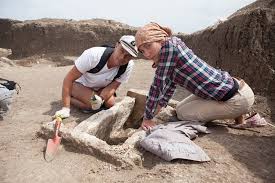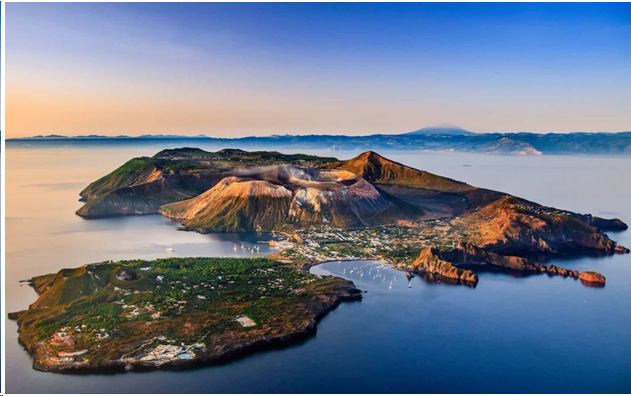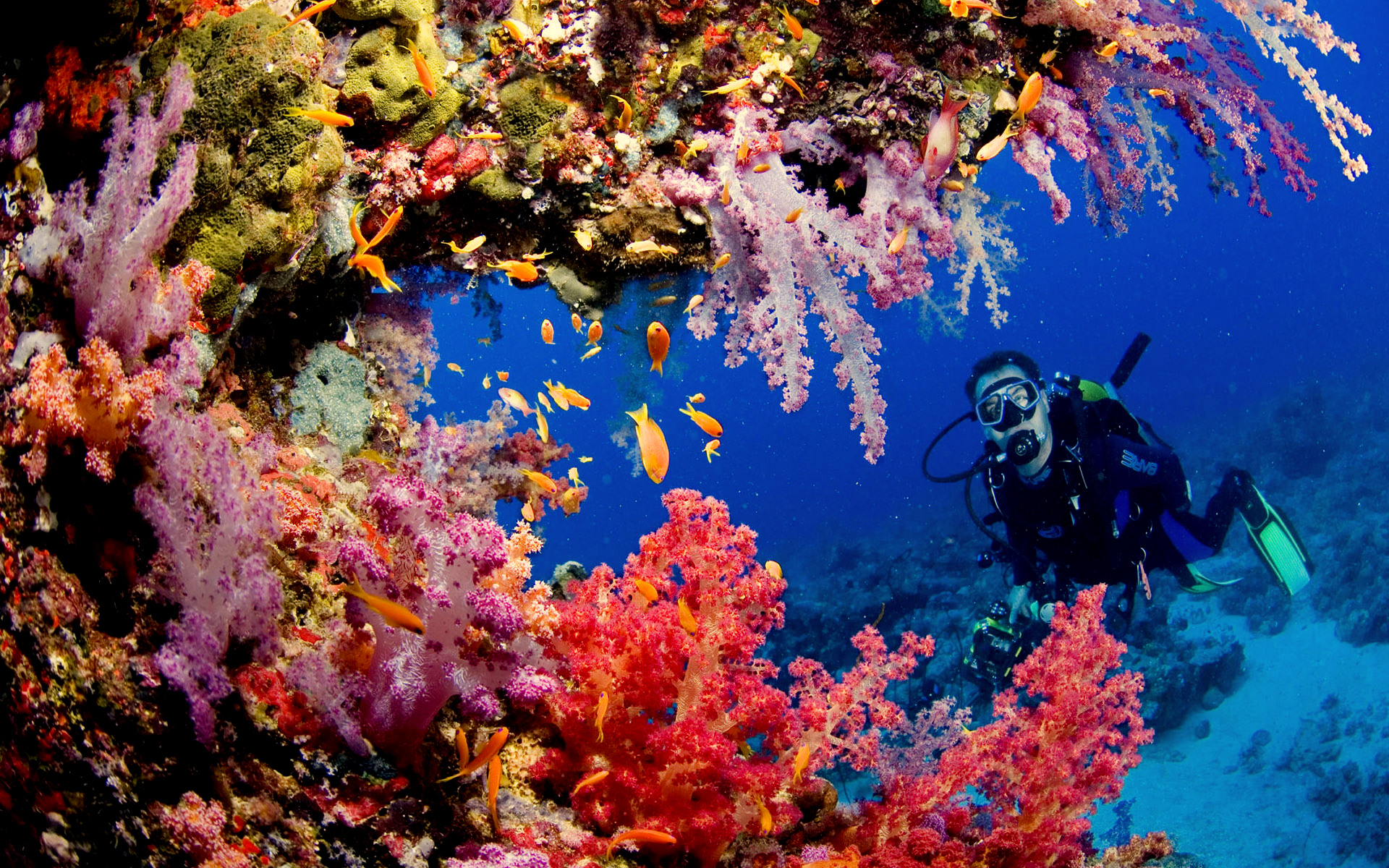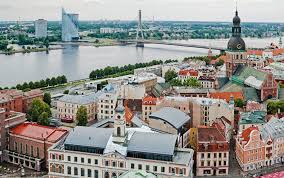Archaeological tourism
 Archaeological tourism is a trip as part of expeditions of professional archaeologists and historians to conduct excavations and other scientific studies. Almost every person with normal health and ready for a week or more to live in a tent can make such a trip. As a reward, a voluntary assistant to archaeologists receives a truly unforgettable experience of touching the secrets of antiquity. In addition, you can bring home quite tangible artifacts that do not need to be handed over to the museum due to the lack of their historical value.
Archaeological tourism is a trip as part of expeditions of professional archaeologists and historians to conduct excavations and other scientific studies. Almost every person with normal health and ready for a week or more to live in a tent can make such a trip. As a reward, a voluntary assistant to archaeologists receives a truly unforgettable experience of touching the secrets of antiquity. In addition, you can bring home quite tangible artifacts that do not need to be handed over to the museum due to the lack of their historical value.
Archaeological tourism in Ukraine gained great popularity back in the days of the Soviet Union. In those days, the involvement of volunteers who were not professional archaeologists in the expedition was widely practiced. This was due to the lack of staff for manual labor in large areas and complex facilities. Tourists, or rather, freelance employees, in turn, were attracted by the possibility of unlimited communication with scientists, regardless of their scientific degrees and significance. Often, in such expeditions, friendly collectives were formed, practicing excavations from year to year. In previous years, the state tried to facilitate the involvement of volunteers – they provided food, and sometimes accommodation.
Today, archaeological tourism is carried out exclusively at the personal expense of voluntary assistants. Since excavations are usually carried out in remote areas, participation in them resembles a hike requiring appropriate equipment – a tent, a sleeping bag, a supply of provisions, etc. Meanwhile, after a marked decline in the crisis of the 1990s, archaeological tourism is showing a noticeable rise. First of all, it is interesting for active people, keen on history, having an interest in the secrets of ancient civilizations, seeking to experience the indescribable excitement of treasure hunting.
The popularity of archaeological tourism in the world
Thanks to the freedom of movement these days, you can go as a volunteer to archaeological expeditions around the globe. The most popular, in this regard, countries are Greece, Egypt, Israel, Lebanon, India, as well as the states of South America. Recently, archaeological tourism is beginning to revive in the CIS countries. A trip as part of an expedition inside Ukraine or in Russia is much cheaper than a trip to the Middle East or Asia.
In Ukraine, archaeological excavations are most actively carried out on the Crimean peninsula, since the history of its civilized development by various peoples has been at least 3 thousand years old. Every summer, several expeditions work on the southern coast of Crimea, leading excavations of ancient cities, as well as fortresses from the times of Byzantium and the Crimean Khanate. In Russia, where there is a great rise in historical research, about one and a half thousand archaeological expeditions are carried out annually. There is a fairly large selection of trips as part of archaeological tourism. The most popular regions for this are the Southern and Northern Urals, Altai, Krasnodar Territory, the Solovetsky Islands, the coast of the Azov and Black Seas.
The minimum term for an archaeological expedition is one week, and the number of employees and volunteers is about 100-150 people. A voluntary assistant should be prepared for daily manual labor and Spartan living conditions. However, as practice shows, the organizers of the excavation are well aware of the weight of the contribution of the volunteers to the expedition and are quite calm about their requests for an unplanned weekend. If excavations are carried out on the seashore, then they can be combined with a beach holiday. In any case, all the inconveniences are completely compensated by interesting communication, a storm of emotions from artifact finds, a long memory of the expedition thanks to photographs and rarities brought from the trip.
Archaeological tourism is a specific type of tourism, the main purpose of which is to get acquainted with various historical, architectural or cultural eras by visiting architectural monuments, museums, historical routes, etc .; in the implementation of this type of tourism, the tourist satisfies the need to broaden his horizons, gets acquainted with cultural values, receives knowledge without coercion, of his own choice.
The relevance and insufficient degree of theoretical and practical elaboration of the issue, the uncertainty or lack of prospects in the presence of problems of the development of archaeological tourism in Russia and its regions predetermined the choice of the research topic.
In Russia, there has been a big upsurge in historical research, about 1.5 thousand archaeological expeditions are carried out annually. In addition to scientists and trainees, volunteers often come to the excavation site. At the same time, they pay for the road, food and accommodation themselves. As a rule, these tourists are 20–35 years old, often students, managers, and other office workers who like to spend their free time actively and with good for the mind.




